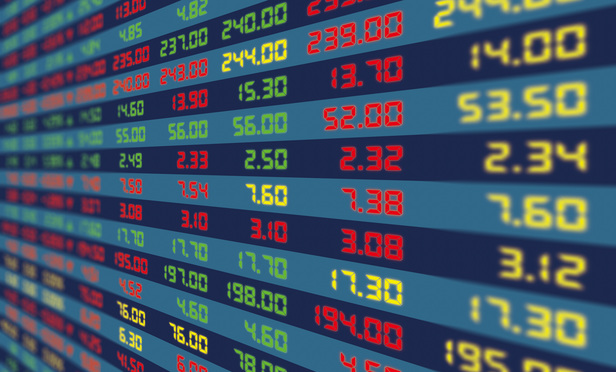To accuse someone of “spoofing” doesn’t sound that serious. But what sounds like a “Saturday Night Live” skit in one context means something very different when it comes to white-collar crime. As high-frequency trader Michael Coscia learned the hard way this week, spoofing on an exchange is a criminal offense that can result in penalties that are decidedly unfunny.
Coscia, head of New Jersey-based Panther Energy Trading, now has the dubious distinction of becoming the first person to be found guilty on criminal charges of spoofing, which is placing large volumes of fake orders with the intent of canceling them quickly to manipulate the market. The landmark case sets an important precedent for others who might spoof, and points to some of the potential perils of high frequency trading, which allows spoofing to happen in the blink of an eye.
This content has been archived. It is available through our partners, LexisNexis® and Bloomberg Law.
To view this content, please continue to their sites.
Not a Lexis Subscriber?
Subscribe Now
Not a Bloomberg Law Subscriber?
Subscribe Now
LexisNexis® and Bloomberg Law are third party online distributors of the broad collection of current and archived versions of ALM's legal news publications. LexisNexis® and Bloomberg Law customers are able to access and use ALM's content, including content from the National Law Journal, The American Lawyer, Legaltech News, The New York Law Journal, and Corporate Counsel, as well as other sources of legal information.
For questions call 1-877-256-2472 or contact us at [email protected]






